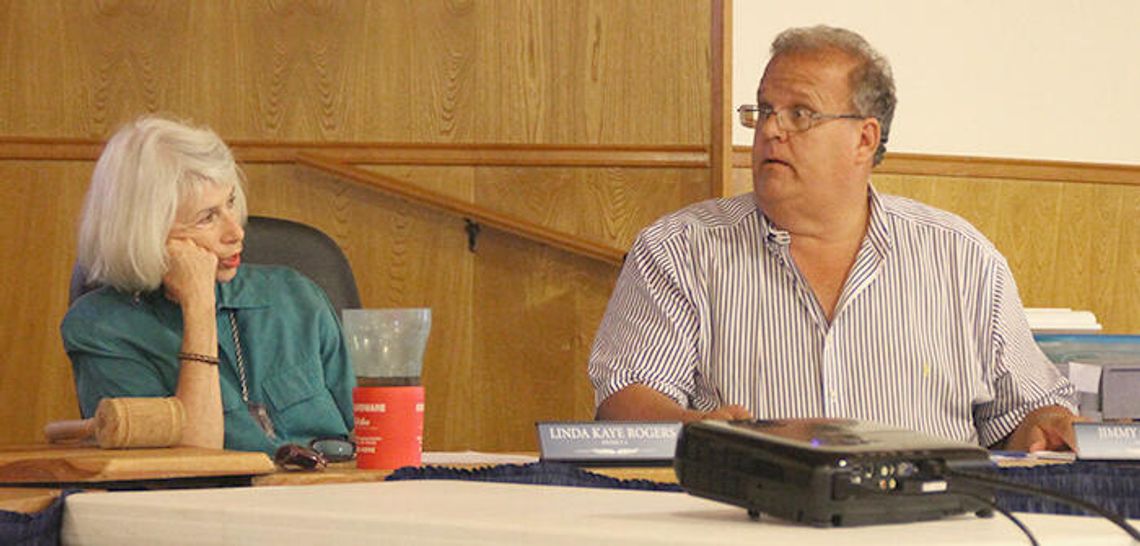After pleas and concerns from residents, the Hays Trinity Groundwater Conservation District (HTGCD) board of directors unanimously voted Monday to formally protest Dripping Springs’ permit application that could discharge treated wastewater into Onion Creek.
The move comes as a reversal from the groundwater district’s Nov. 13 decision to not file a protest.
The HTGCD will file a contested case hearing with Texas Commission of Environmental Quality (TCEQ), which oversees issuance of wastewater permits.
PLEASE LOG IN FOR PREMIUM CONTENT. Our website requires visitors to log in to view the best local news.
Not yet a subscriber? Subscribe today!











